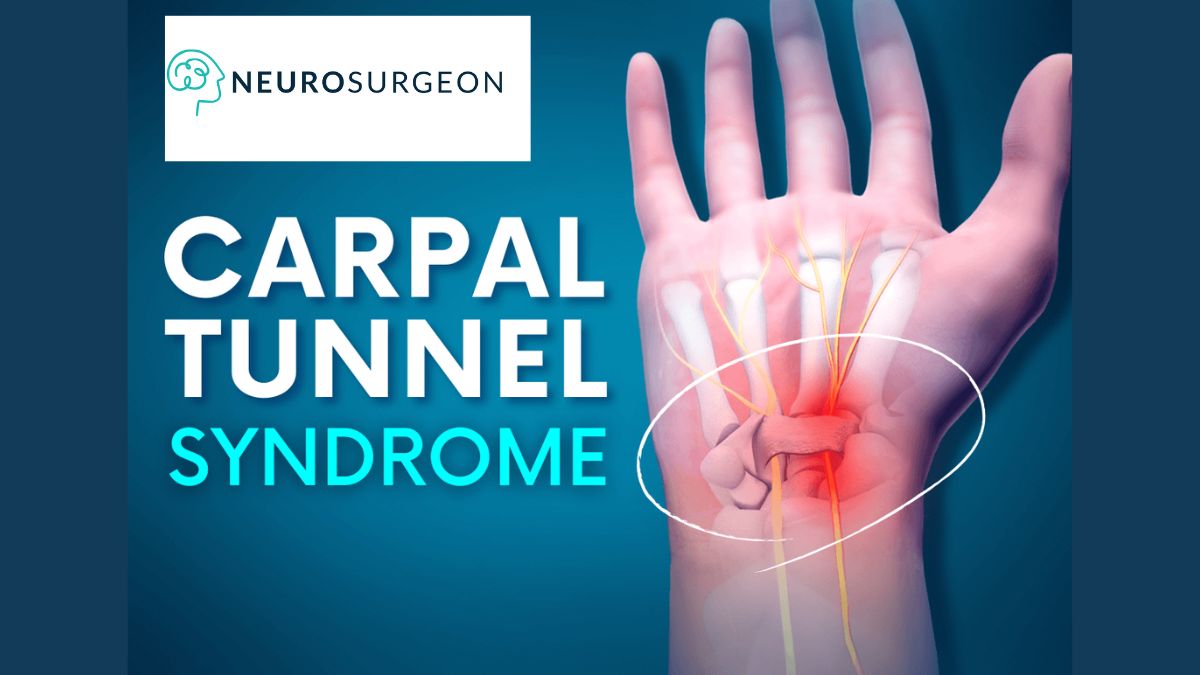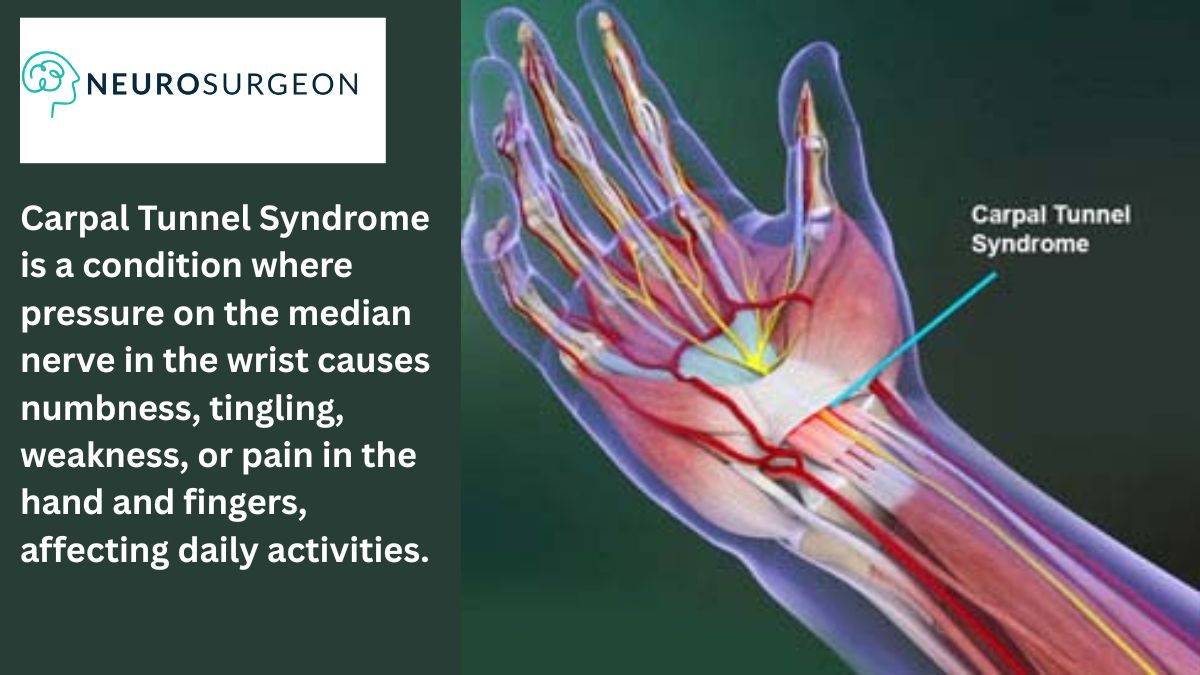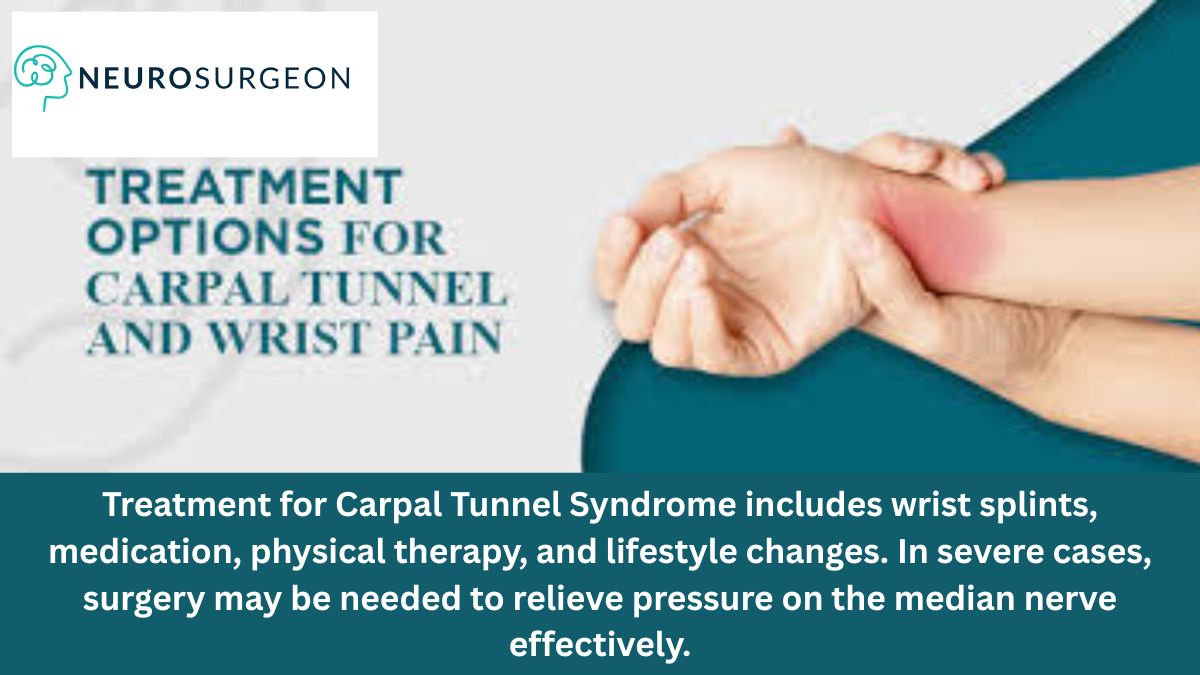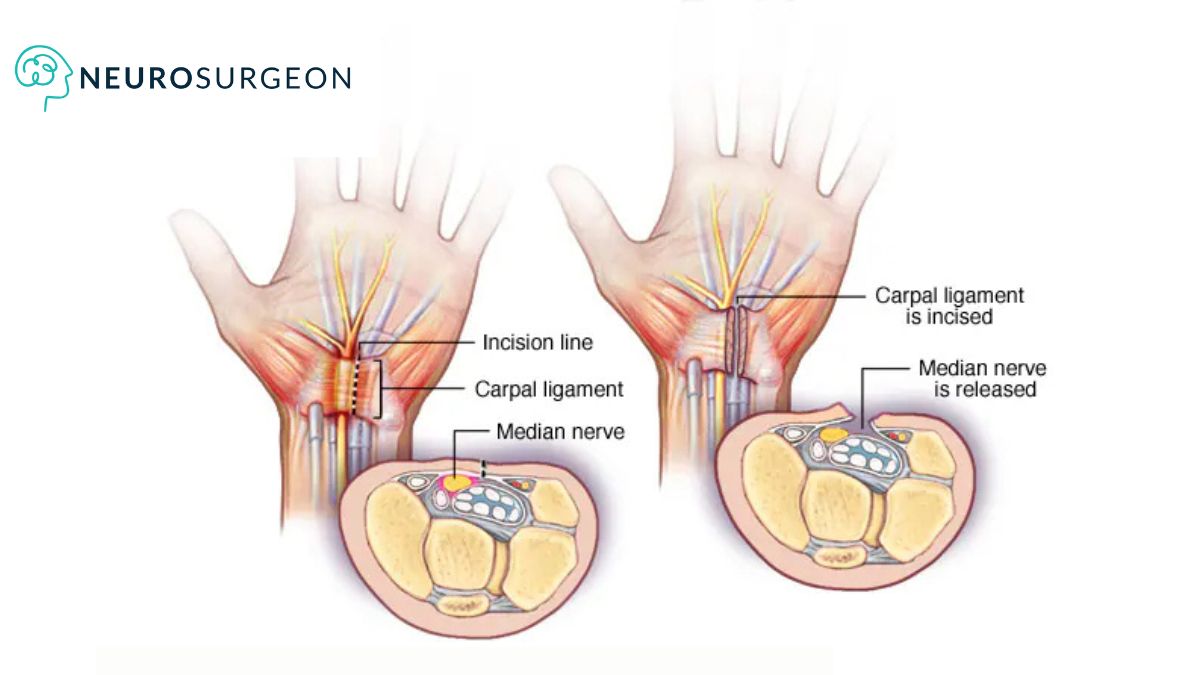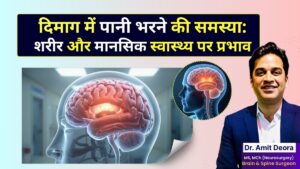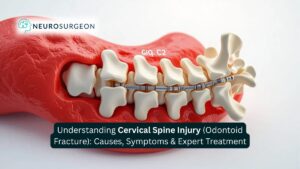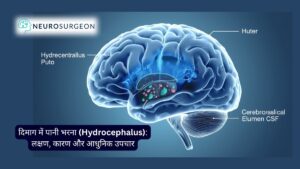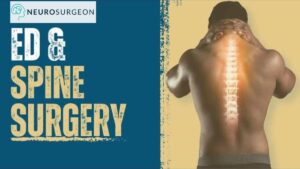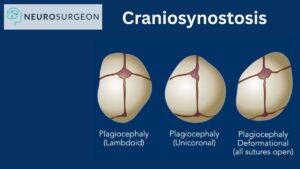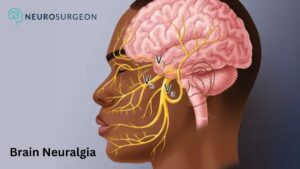Carpal Tunnel Syndrome (CTS) happens when there is too much pressure on the median nerve. This nerve runs from your forearm to your hand through a small space in your wrist called the carpal tunnel. When the nerve gets squeezed, it can cause numbness, tingling, weakness, or pain in your hand and fingers.
If not treated, CTS can lead to muscle weakness and lasting nerve damage. The good news is, with early diagnosis and expert care from a top neurosurgeon in Indore, it can be treated effectively.
Table of Contents
Toggle1. How Do You Know If You Have Carpal Tunnel?
Some common signs of Carpal Tunnel Syndrome include:
- Tingling or numbness in the thumb, index, or middle fingers
- Weakness in the hand or feeling clumsy
- Burning or pain that moves up the arm
- Symptoms that get worse at night or early in the morning
- Trouble holding or gripping things
It’s important to catch these signs early. If you notice them, it’s a good idea to see an experienced neurosurgeon in Indore like Dr. Amit Deora. He can check how serious it is and suggest the right treatment.
2. What Causes the Pressure on Your Median Nerve?
Carpal Tunnel Syndrome can happen for different reasons, such as:
- Doing the same hand or wrist movements often (like typing, driving, or lifting)
- Health problems like arthritis, diabetes, or thyroid issues
- Hormone changes during pregnancy
- Wrist injuries or fractures
- Being born with a narrow carpal tunnel (runs in families)
Knowing the exact cause helps decide if you need surgery or just simple treatments. A skilled neurosurgeon in Indore like Dr. Amit Deora will find out the main reason and suggest the best option for you.
3. What Non-Surgical Treatments Can Help?: Neurosurgeon Indore
For mild to moderate cases, surgery isn’t always necessary. Non-invasive options include:
- Wrist splints—especially during sleep
- Anti-inflammatory medications
- Physical therapy and nerve-gliding exercises
- Corticosteroid injections to reduce swelling
- Ergonomic changes at workstations
These conservative methods are highly effective when guided by an expert Neurosurgeon in Indore with in-depth experience in nerve disorders—like Dr. Amit Deora.
4. When Is Surgery Necessary—and What Are the Latest Options?: Neurosurgeon in Indore
If symptoms persist despite conservative treatments or if muscle strength decreases, surgery may be the best option.
Surgical procedures include:
- Open Carpal Tunnel Release – where the ligament pressing on the nerve is cut through a small incision.
- Endoscopic Carpal Tunnel Release – a minimally invasive method using a camera for quicker recovery.
Dr. Amit Deora, an acclaimed neurosurgeon indore, performs both procedures using advanced microsurgical and endoscopic techniques. His experience ensures high success rates with minimal scarring and fast return to function.
5. Why Choose a Specialist Like Dr. Amit Deora?
Carpal Tunnel Syndrome might seem simple, but if it’s not treated the right way, it can lead to permanent nerve damage. That’s why choosing the right doctor is very important.
Dr. Amit Deora, a skilled neurosurgeon in Indore, is well-known for treating problems related to the brain, spine, and nerves with great care and accuracy. With over 16 years of experience and more than 10,000 successful surgeries, he gives every patient top-quality care.
Here’s what makes him stand out:
- Special training in treating nerve pressure
- Expert in less-painful, modern surgical methods
- Gives treatment plans that fit each patient’s needs
- Focuses on full recovery and long-term health
When you want expert and caring treatment, Dr. Amit Deora is a trusted neurosurgeon in Indore who truly makes a difference.
6. What Does Recovery After Surgery Look Like?
Most patients experience relief shortly after surgery. The recovery process often includes:
- Immediate reduction in tingling or numbness
- Gradual return of hand strength and grip
- Physical therapy to rebuild muscle tone
- Complete recovery within 6–12 weeks for most people
With Dr. Amit Deora‘s post-operative guidance and advanced surgical approach, patients are supported every step of the way to full recovery.
7. Can You Prevent Carpal Tunnel Syndrome from Developing?
Carpal Tunnel Syndrome can’t always be prevented, but you can reduce the risk by following a few simple tips:
- Don’t repeat the same hand movements for too long
- Take breaks to stretch and move your hands and wrists during the day
- Use comfortable tools like special keyboards and mouse pads
- Sit with good posture while working
- Avoid putting pressure on your wrists for a long time
Regular check-ups with an experienced neurosurgeon in Indore like Dr. Amit Deora can help catch early signs before they become serious.
Meet Dr. Amit Deora – Leading Neurosurgeon in Indore
Dr. Amit Deora, MBBS, MS, MCh (Neurosurgery), is a senior consultant and head of neurosurgery at one of Indore’s premier hospitals. With 16+ years of hands-on experience in brain, spine, and peripheral nerve surgeries, he has gained a strong reputation as a top neurosurgeon indore.
He specializes in:
- Minimally invasive spine and nerve surgeries
- Carpal Tunnel and peripheral nerve decompression
- Endoscopic surgical techniques
- Patient-first, compassionate care
If you’re suffering from Carpal Tunnel Syndrome, Dr. Amit Deora, the trusted Neurosurgeon in Indore, is your go-to expert for accurate diagnosis and long-term relief.
What Patients Say: Real Testimonials
“I had been dealing with hand numbness for months. Dr. Amit Deora diagnosed it instantly, and after a simple surgery, I had complete relief within days.” – Suman P., Age 36
“Dr. Deora is more than a doctor. He listens, explains, and treats with precision. My carpal tunnel pain is gone, and I feel like I got my life back.” – Rohit S., Age 42
“Instead of pushing for surgery right away, Dr. Deora started me on splinting and therapy. It worked! I’m pain-free without surgery.” – Neha V., Age 29
“The post-surgery support was just as great as the treatment itself. Dr. Amit Deora is truly the best neurosurgeon I could’ve chosen.” – Deepak R., Age 51
FAQs
Q: How long does it take to recover from Carpal Tunnel surgery?
Recovery typically takes 6 to 12 weeks, with physical therapy aiding faster return to full strength.
Q: Can Carpal Tunnel Syndrome return after treatment?
While rare, recurrence is possible—especially if lifestyle habits don’t change. Surgical treatment offers long-term relief for most patients.
Q: Is surgery the only solution for Carpal Tunnel?
No. In early stages, wrist splints, therapy, and medications can be highly effective.
Q: Does the Carpal Tunnel affect both hands?
Yes, it often starts in one hand and can progress to the other if not treated early.
Q: Can I work during recovery from surgery?
Light tasks may resume within days, but heavy handwork should wait until full healing.
This guide was made to help and inform people dealing with Carpal Tunnel Syndrome. For the right diagnosis and effective treatment, you can trust Dr. Amit Deora, a well-known neurosurgeon in Indore. He is fully committed to helping you get back your comfort and hand movement with expert care.
